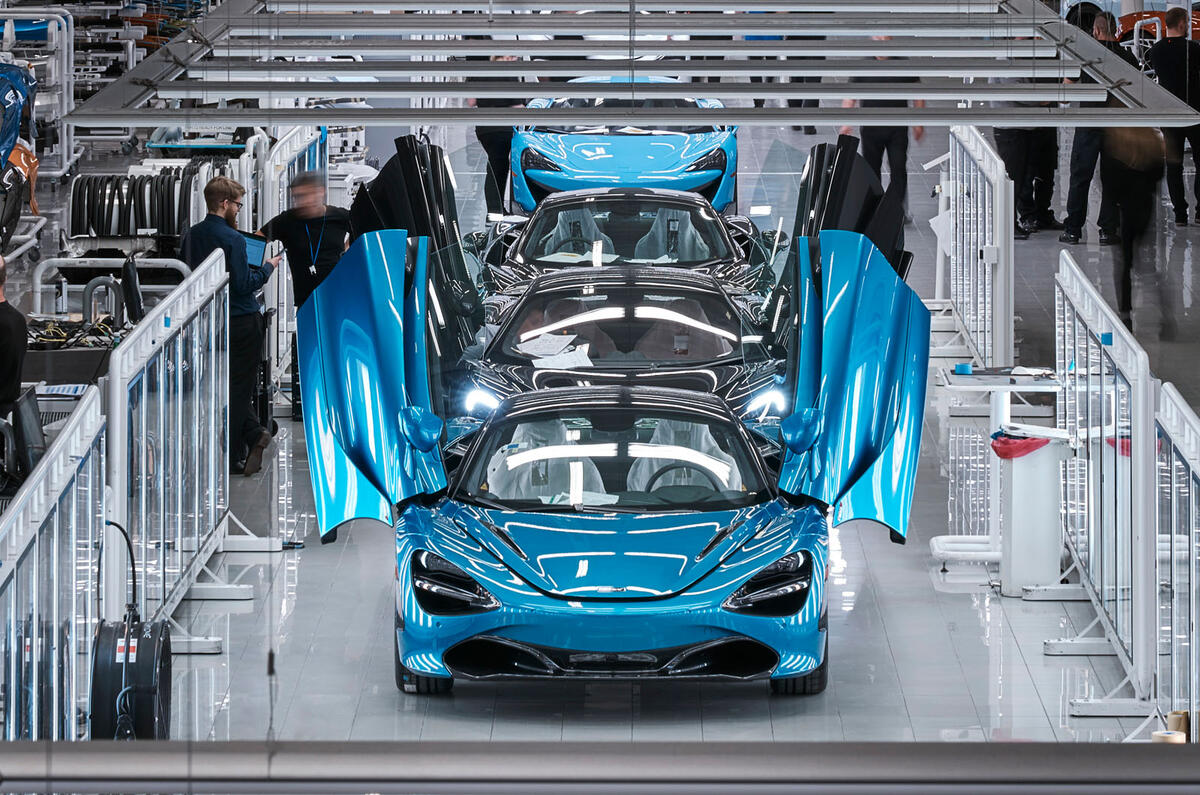“Quality must be improved.” That was the message repeated constantly by McLaren CEO Michael Leiters on his arrival in Woking in 2022, and in his first interview with us.
It is far from the most exciting topic in the industry yet it’s about as important as it gets: what use is all that thrilling performance if a warning light comes on every five minutes?




Add your comment